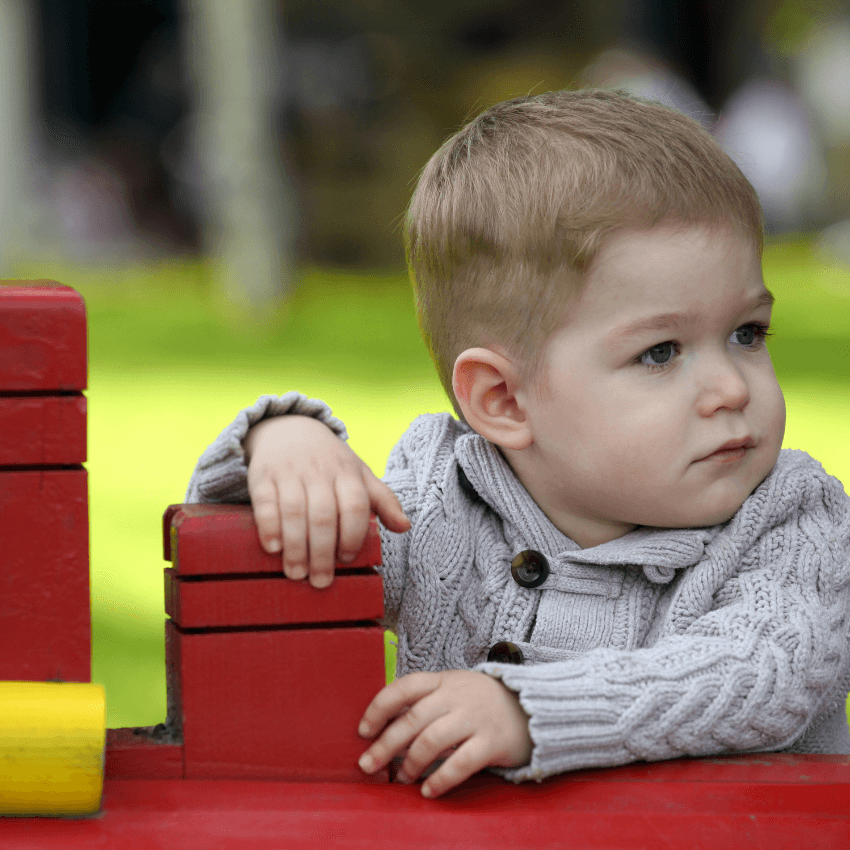LANGUAGE DEVELOPMENT
Language development begins with crying. Then, babbling, two-vowel syllables, repetition of syllables, three-vowel words, four-vowel words, and forming 2-3 word sentences follow.
RECOMMENDATIONS FOR FAMILIES
• Language is an indicator of cognitive development. The child learns actively by visually reinforcing the words he/she learns with objects.
• It is necessary to show the picture of the objects while introducing them to the child, to tell them simple stories, and to give them a chance to tell as well.
• Music is the most important way to support language development. Simple finger games also contribute significantly to children's language development.
PSYCHOSEXUAL DEVELOPMENT
These ages involve the oral stage. Children first gain the sucking reflex in this development. They want to recognize everything by mouth. If the mother provides the child's nutrition in a healthy way, trust develops in the child. It positively contributes to the child's development that the mother talks to the child constantly during this period. Toilet training should not be started before the age of 2 for the anus muscle development of the child to become appropriate.
RECOMMENDATIONS FOR FAMILIES
• The mother should provide the child's nutrition without delaying it and during this period, she should make eye contact with the child and talk to him/her.
• The mother should not force the child regarding nutrition.
• Before starting toilet training, the child should be prepared cognitively, and why he/she needs to go to the toilet should be explained to him/her. Pressure, embarrassment, disgust against feces, making the child pee in the sound of water, and punishment methods should not be applied in toilet training. Toilet training should be applied at night and during the day at the same time (if the child is tied to the bed at night, the child may not be able to overcome bedwetting for many years).
SOCIAL-EMOTIONAL DEVELOPMENT
The trust feeling is gained in this period. There is a possibility of the emergence of the opposite feeling, shame/fear.
RECOMMENDATIONS FOR FAMILIES
• The baby's room should be separated from the parents' room at the age of 1.
• If the child cannot sleep alone, the mother should first place a chair next to him/her and wait until he/she falls asleep, then gradually move the position of the chair away and ensure that he/she gets used to sleeping alone. In this way, the child will eventually realize that the parent is not in the room, and he/she will gain a sense of trust even when the parent is not there.
• The child's entrepreneurship and curiosity should not be suppressed. For example, the child should not be prevented from looking inside a toy, dressing him/herself, walking, except in situations where he/she can harm himself/herself, and parents should leave the child free.
SELF-CARE DEVELOPMENT
By the end of this period, the child has learned toilet habits, using a spoon and fork, and eating on his/her own. He/she starts to gain the ability to dress his/her clothes and shoes. The child fixes his/her hair, brushes his/her teeth by following the model of adults.
RECOMMENDATIONS FOR FAMILIES
• The family should pay attention to the child's toilet training.
• They should give the child the opportunity to hold a spoon or fork.
• They should act as a model for the child by demonstrating a behavior first and allowing the child to follow their lead. This will contribute more to the child's self-care development.



